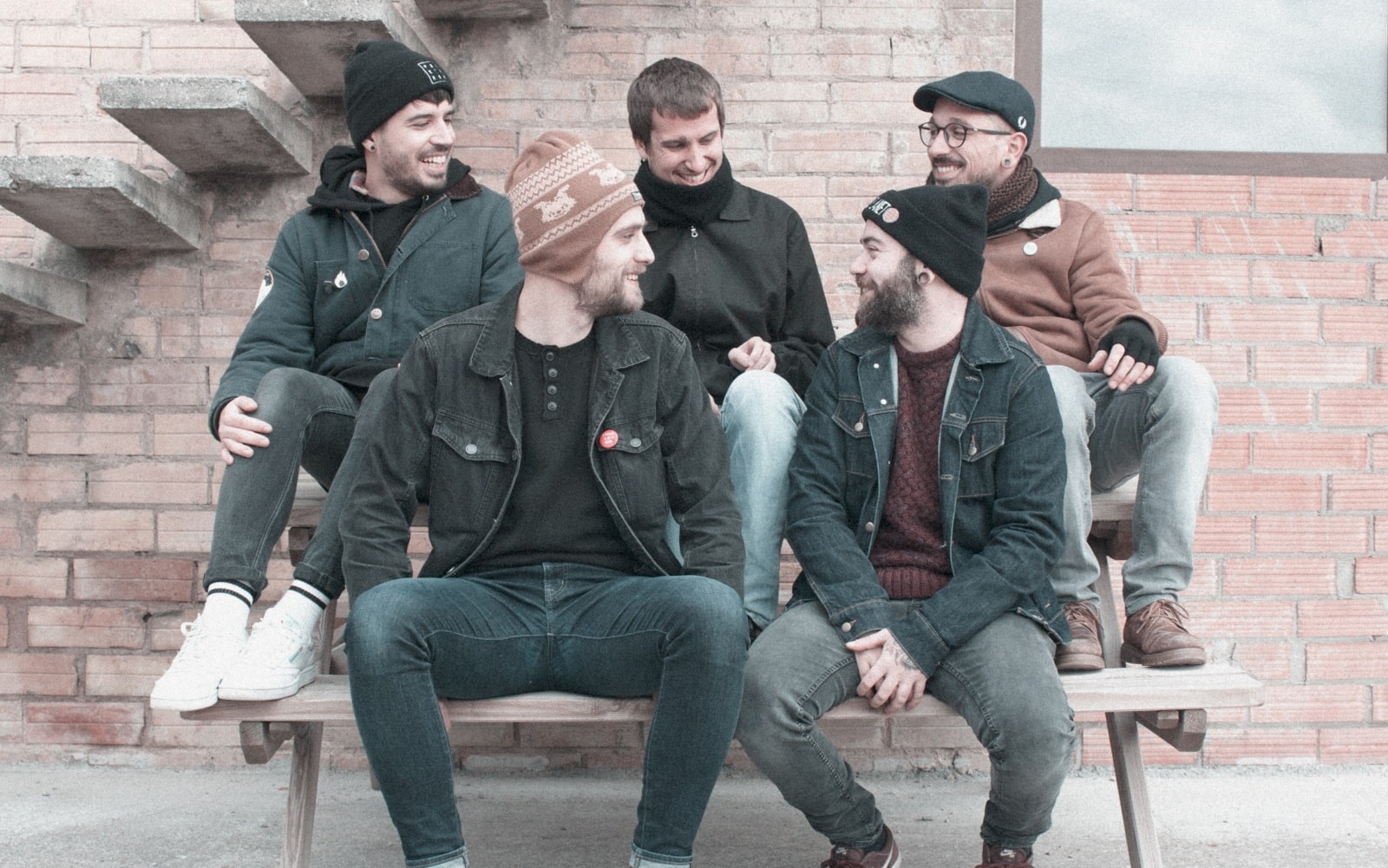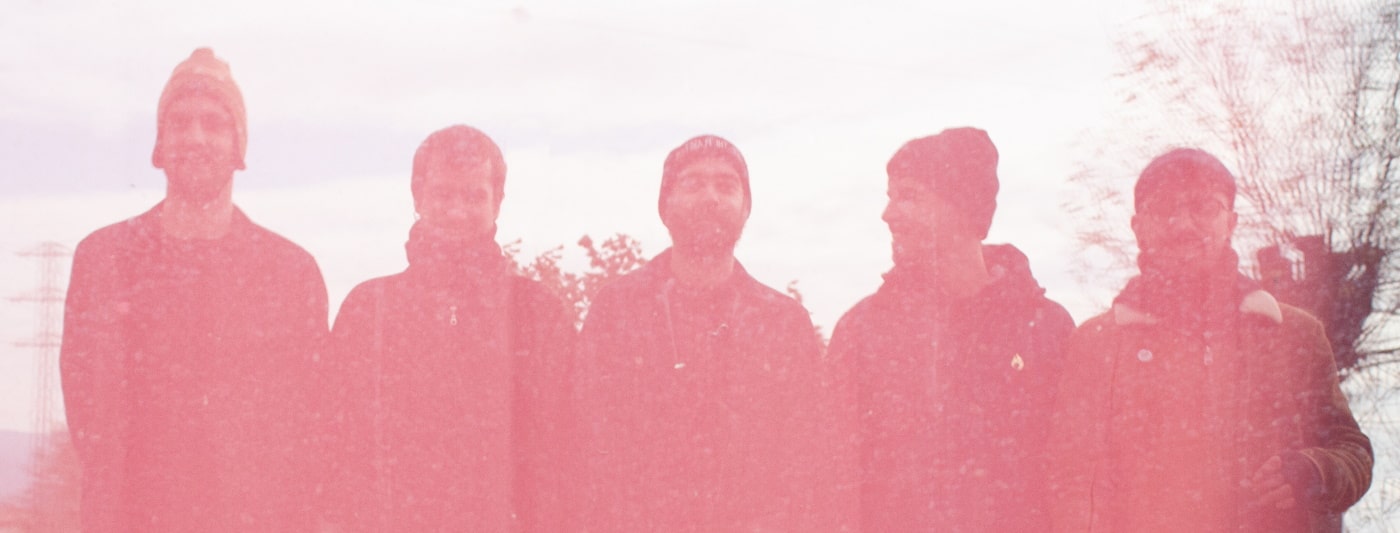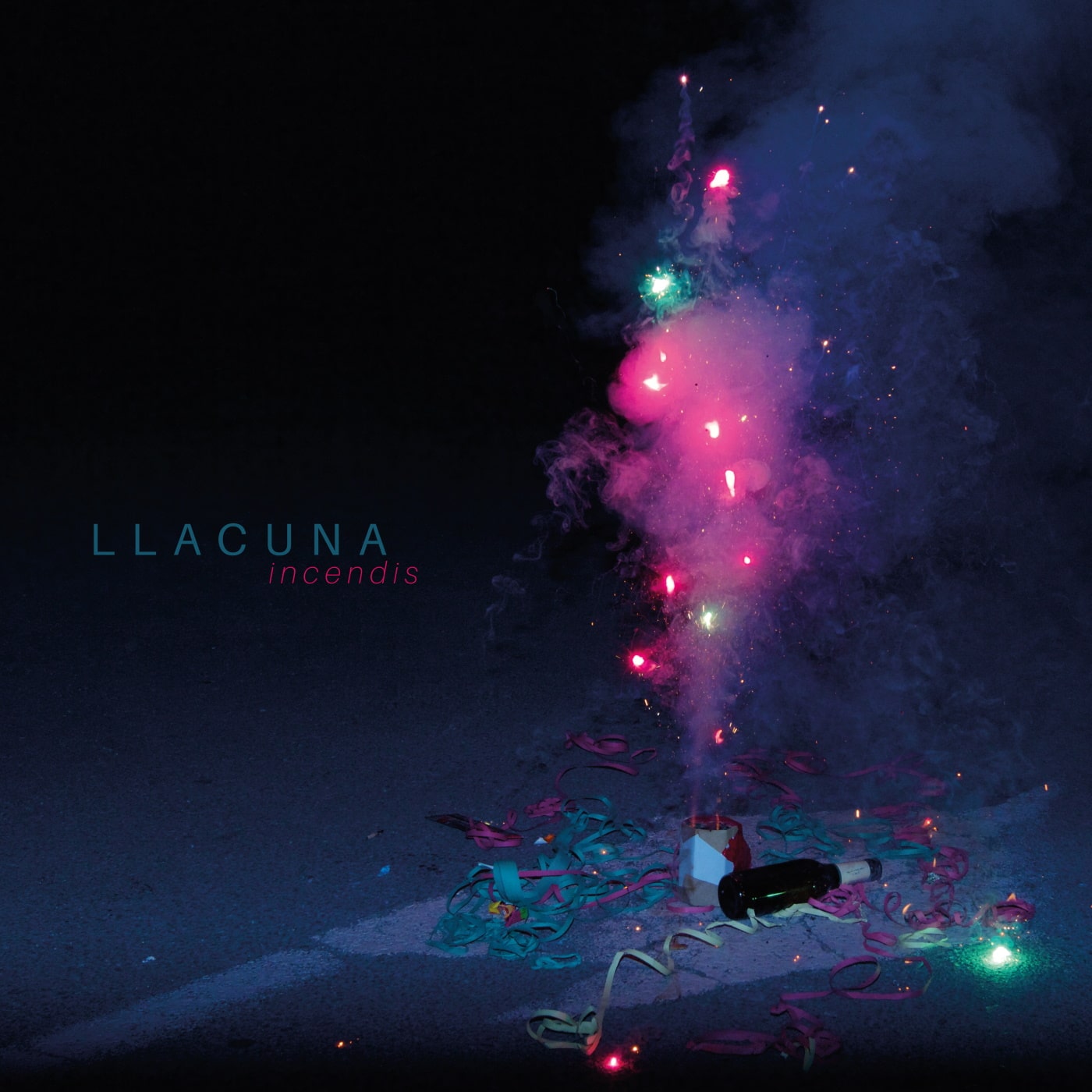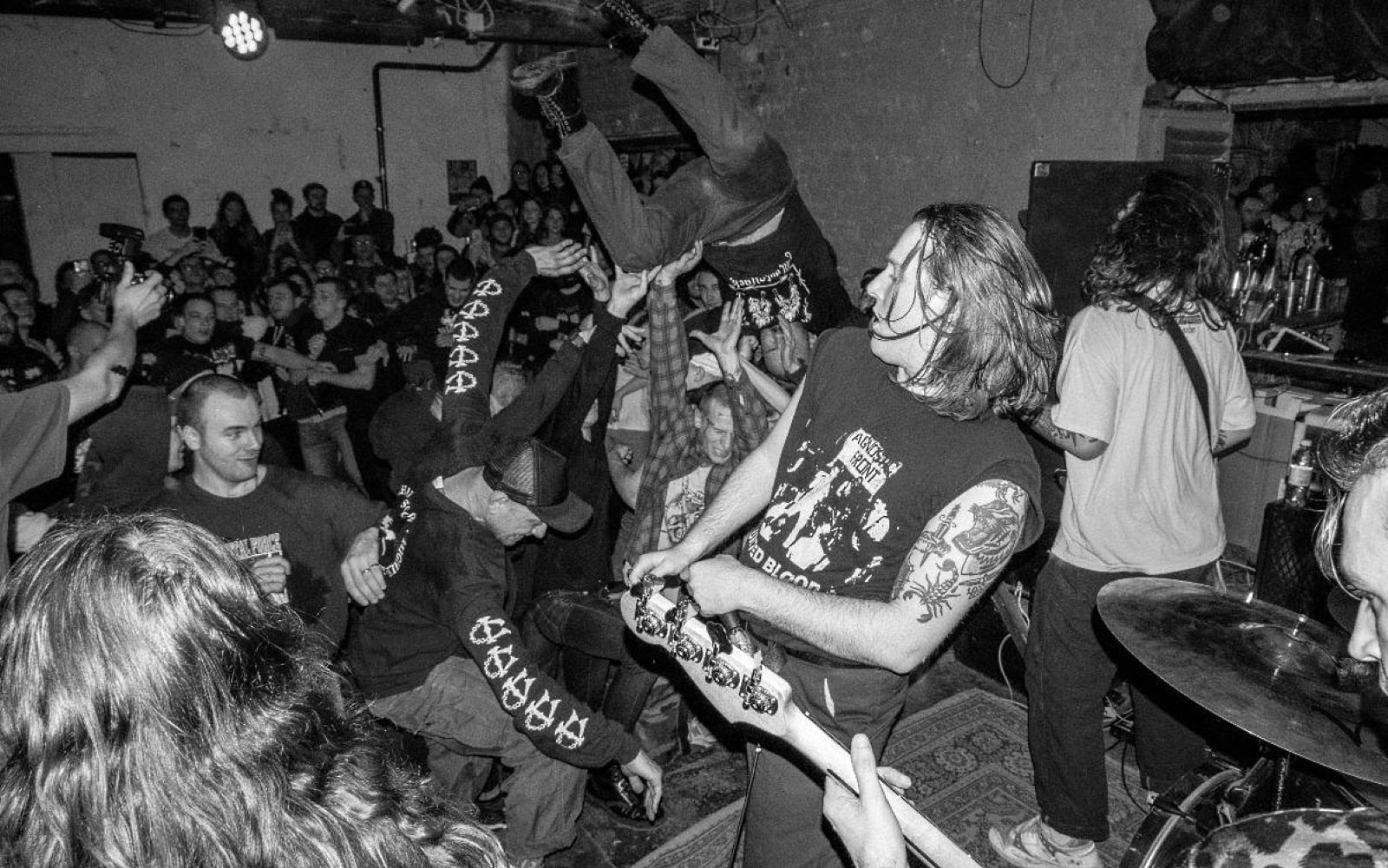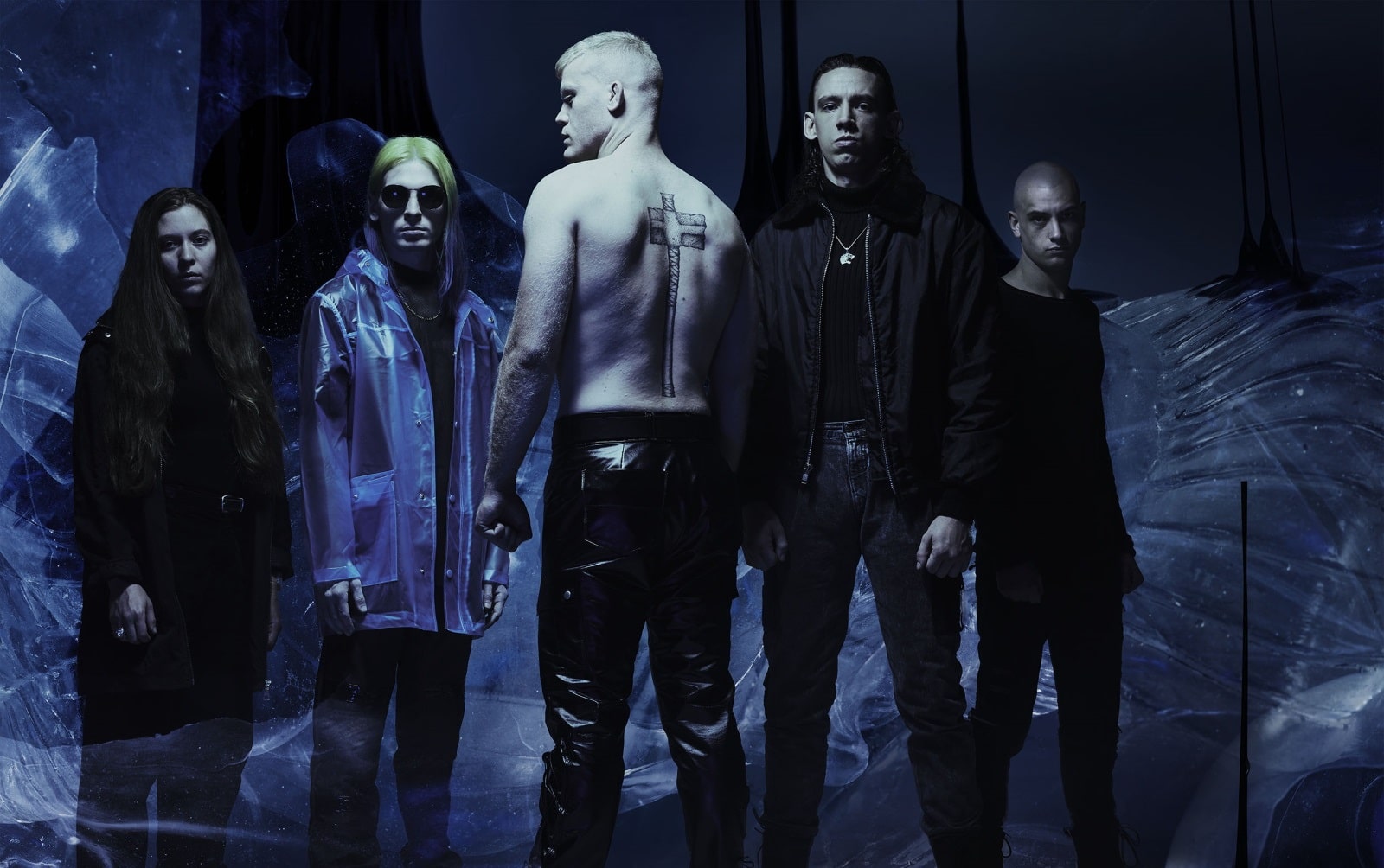Almost 2,5 years after their impressive debut EP, Spanish emotional indie punks LLACUNA are back with their new release, a captivating debut LP “Incendis”. In almost every way imaginable, the new offering is slated for March 13th release through DIY labels Bcore Disc, Cgth Records, La Agonía de Vivir, Pundonor Records and Saltamarges, and today we’re proud to give you its first listen and special first-hand commentary, incuding a full track by track rundown!
With “Incendis” (2020), which translates to “Fires” in English, we’ve done what we really wanted to do with their first album two years ago, but were still investigating at the time. The melody has finally emerged to the surface. The cut “Incendi II” probably contains our best chorus to date and, at the same time, it best sums up the discourse behind the album: nervous punk, the need of moving head and body, the voice and the chorus to enjoy whilst singing — pointing to the sky with one hand and holding a beer with the other. It’s clear that the songs look for their melody, but at the same time, you can appreciate our rhythmic baggage, well learnt from the post-hardcore.
For fans of emo punk, Oliver Houston, Sport, Mom Jeans, Macseal, Dogs On Acid or I Love Your Lifestyle.
Credits: Recorded by Borja Pérez at Cal Pau and Ultramarinos Costa Brava studios (Catalonia) during the last days of August 2019. Mixed by Borja Pérez and Santi Garcia. Mastered by Víctor Garcia. Music and lyrics by Llacuna. Extra backing vocals by Borja Pérez and Sara Cots. Photos by Carles Generó. Layout design by Gerard Serrano. Lyrics translation to English by Sandra Edmundo. The girl who appears in the insert photo is Paula Ruiz. Llacuna are Eric Font (bass, vocals), Eloi Nadales (drums), Albert Riera (guitar, vocals), Gerard Serrano (guitar, vocals) and now also Marçal Coll (trumpet, vocals). LP released on March 2020 by BCore Disc, La Agonía de Vivir, Pundonor Records, CGTH Records and Saltamarges.
The band continued:
The newest recruit, trumpet player Marçal Coll, is also to blame for this new sound. If in the first album the trumpet was only present for a short cut in the last song, we can now appreciate it in half of the songs, and it cannot be denied that the incorporation of this instrument brings greater strength and light into the songs.
Guitars also play a bigger part now. It is indisputable our obsession with the latest emo trend. The hours spent listening to Oliver Houston, Sport, Mom Jeans, Macseal, Dogs On Acid, I Love Your Lifestyle and a never ending list of groups, are well represented in our sound. The guitar riffs are proof of that, and so are more particular details such as the incorporation of open tuning or the tapping technique.
If one pays attention to the lyrics, they tell little personal stories, more or less hidden by some millennials burning day after day, within a capitalist social context leading nowhere. In this sense, the binging and the chaos that we like that much, can be found along love stories, introspection and a dose (more or less subliminal) of social critique and political message. In sum, music as a way of having fun or protest, but always, as a way of personal escape.
A lagoon (Llacuna in Catalan) isn’t made from scratch. Behind the band, we find four already known suspects from the Catalan underground orbit of punk (Eric Font, Eloi Nadales, Albert Riera, Gerard Serrano), associated with bands such as Hurricäde, I’M, Turnstile, Föbia, to the label DIY Saltamarges, the self-management space ATV in Sarrià de Ter or to the former Eclèctic of Torelló, to mention a few.
In their newest album, “Incendis” (BCore, 2020) which translates to “Fires”, trumpet player and friend, Marçal Coll, joins the band for good. By doing so, both the voice and the melody become more present along with the instrumental base.
Although it’s true that in the first album the trumpet only made a brief appearance in the last song, it is played in half of the songs in this one. Their first release was the namesake Llacuna (2017), an EP that started to define their identity mark: all that music that was referred to as “emo” in the 80s and, that is still alive today, constantly updating. In fact, the songs follow these melodic and dynamic trails present in current emo-punk bands like Oliver Houston, Sport, Mom Jeans, Macseal, Dogs On Acid, Gulfer, I Love Your Lifestyle or Pet Symmetry.
All the songs are also connected to each other throughout the lyrics, entirely written in Catalan, and which permanently flow in a dichotomy between the despair and hope of some millennials burning their daily life, within the context of an aimless capitalist society.
LLACUNA live:
March 28 @ Sala VOL (Barcelona) w/ Saïm, Aliment.
Track by track commentary:
1/ Flor tardana: It’s the oldest song in the album, we’ve been playing it since the very first concerts when we started presenting the first EP, and now it’s been released. Childhood nostalgia, fear of the future and Sport playing non-stop.
2/ L’altra cara de l’Albera: This song marks a new path that we want to further explore: the voice and the melody are the absolute main characters, guitars led to a playful rhythm without further complications, and the trumpet is clearly present. The lyrics are about a love story, and at the same time, a discovery journey through the Catalan area within France.
3/ Rei de la nit: It’s a paradox what life during the week and during the weekend can mean for a person with responsibilities. A routine for 5 days a week, and two crazy nights with friends, pretending there’s no tomorrow. The love towards the band Glocca Morra is crazy too.
4/ Incendi I: This one was born from scratch in the rehearsal studio, from a first riff played by Gerard. It has many passages, even one of pure melodic hardocre. At first, it had to include the second part, “Incendi II”, but in the end we decided to divide it into two songs because they had too many parts. The lyrics connect to the second part.
5/ Incendi II: It’s the second part of a song divided in two and it includes the chorus, which is probably the best chorus we’ve ever written. There’s absolutely no control when we get together. Having fun and to burn every party is definitely an important issue. This is what the lyrics are about.
6/ Entre les canyes de l’Arundo: This is the story of Llacuna’s first concert day. It was epic, bumpy and comical. We played at DIY festival, which is called Arundo Fest, and many things happened, like the car incident (luckily, a comic one) three of us suffered. It’s also the first song we’ve created with a guitar open tune, from a series of linked riffs that Albert brought to the rehearsal studio.
7/ La lluita de classes: The obvious poor communist implementation in some countries and the progressive adoption of neoliberal politics by the traditional left parties in western countries, have led us to this mainly precarious society, more uneven by the day, and still consumist, individualist, disorganised and quite apathetic to power, system and new established conditions. They came up with the concept “middle class” and they made us believe that almost everyone belongs there, trying to hide the concept of “working class” and they also made sure to buy trade unions. Class conflict is cool, and so is Gulfer.
8/ Una bona hòstia: The vice with playing guitars and melodies from Mom Jeans was present here. We must say, though, that the song’s ending is quite peculiar. On one hand, the relational circles, sometimes spirals of silence are created, and they end up becoming a chakra. On the other hand, no one is better than anyone, anyone can crash hard when they least expect it, and falling down hurts for everybody. When writing lyrics, metaphors also work so that anyone can come up with their own song.
9/ L’única connexió, en horitzontal: This is a story about sex instead of love and about the wrong necessity of looking for a personal wellbeing in someone else when there is a lack of self confidence and self-love. The instrumental base started with a plucked riff that Albert brought to the studio.
10/ Cos a cos: The obsession for Crash of Rhinos and for the first Nueva Vulcano songs is the reason and the consequence of this track. Getting drunk is also a reason and a consequence of many other things.
11/ Mordassa: “Mordassa” criticises the Spanish “Mordaza” law, so there is a political background to this song. It’s almost entirely instrumental because, as we all know, this law intends to prevent people from demonstrating and expressing themselves, and for this reason, it made sense that it was the only track in which we couldn’t say much with words. The instruments play a bigger role because they need to be played louder than our voices. An ode to free speech.



